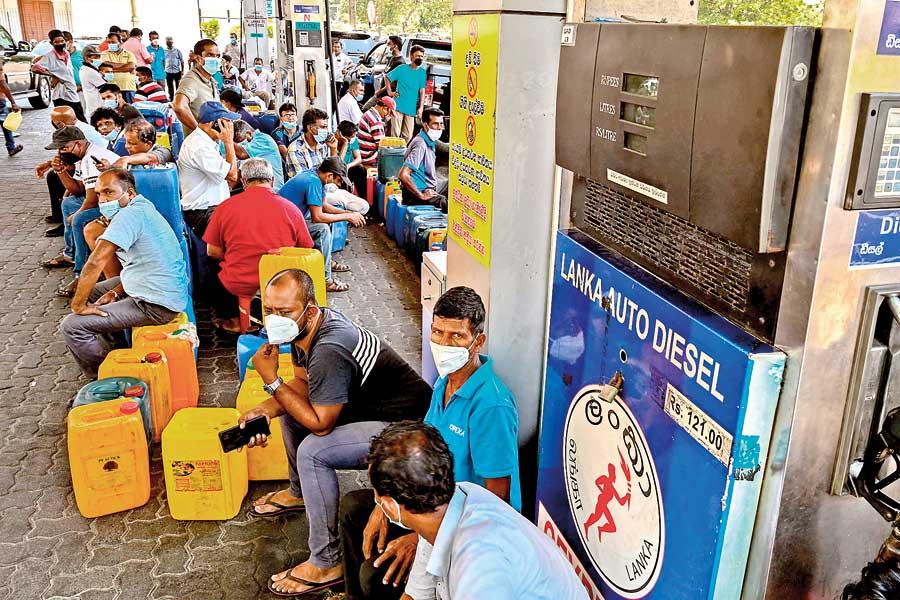There is a sense of calm on the streets of Colombo this week. Looking at the business district along the scenic Galle Face promenade, once a magnificent venue for horse racing during British rule, one might think that order has returned to the island nation.
But just a few weeks ago, angry protesters stormed the presidential palace and his ocean-front office, demanding the resignation of then-president Gotabaya Rajapaksa. The latter fled to the Maldives on a military aircraft, before flying to Singapore and submitting his resignation letter.
Today, the country has a new president named Ranil Wickremesinghe, who was sworn in last week after winning a parliamentary election.
On the streets, most of the demonstrators have gone home. Yet underneath the calm surface, anger continues to bubble amid arrests of anti-government protesters and continued shortages of food and fuel.
“A great suppression is going on against all the protesters, all the organisers and everyone who supported and took part in the protests,” Buddhi Prabodha Karunaratne claimed.
He is a spokesperson for the Black Cap Movement, which forms part of the anti-government protests against the Rajapaksa regime.
Mr Karunaratne spoke to CNA through the phone from an undisclosed location. At least seven political activists have been arrested recently so far, according to local media.
On Thursday (Jul 28), the parliament extended the state of emergency initially declared on Jul 17 by then acting president Mr Wickremesinghe to restore order in the country.
The emergency laws give the police and the military powers to search, arrest and detain people for up to 72 hours before they are produced before a court, if they are believed to have committed or been involved with certain offences.
The recent arrests have instilled fear into many prominent protesters as they could be held in detention without the public knowing their whereabouts or well-being for days.
“It is scary … If they do it legally – like take a warrant, arrest them and bring them to court – then it’s completely fine. We can answer for the things we did,” Mr Karunaratne said, adding that there are fears that activists may be detained without the public being informed.
Most of the demonstrators have left the protest site in Galle Face in Colombo. Still, their demands for crisis management, reforms and general elections remain.
On Wednesday, Mr Wickremesinghe, the new president, acknowledged the protesters’ call for change while addressing the staff at his United National Party headquarters.
“The president mentioned that everyone is allowed to engage in peaceful protests according to the law of the country. Those who were involved in the struggle also have the same right and he saw the participation of young people with different talents,” the presidential office said in a statement on Jul 27.
However, with the state of emergency in effect, non-peaceful activities are not likely to be tolerated.
Source: Channel News Asia


